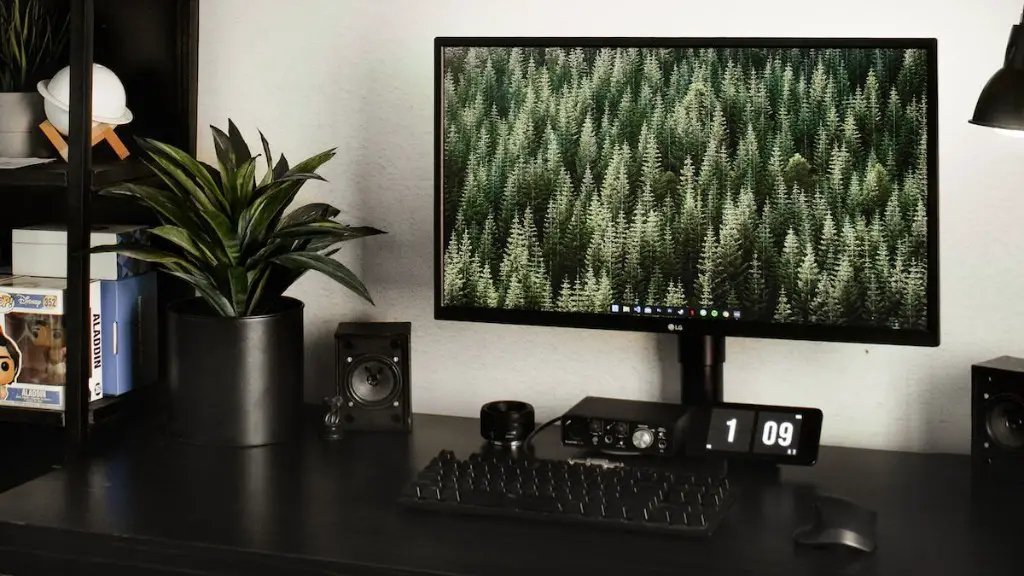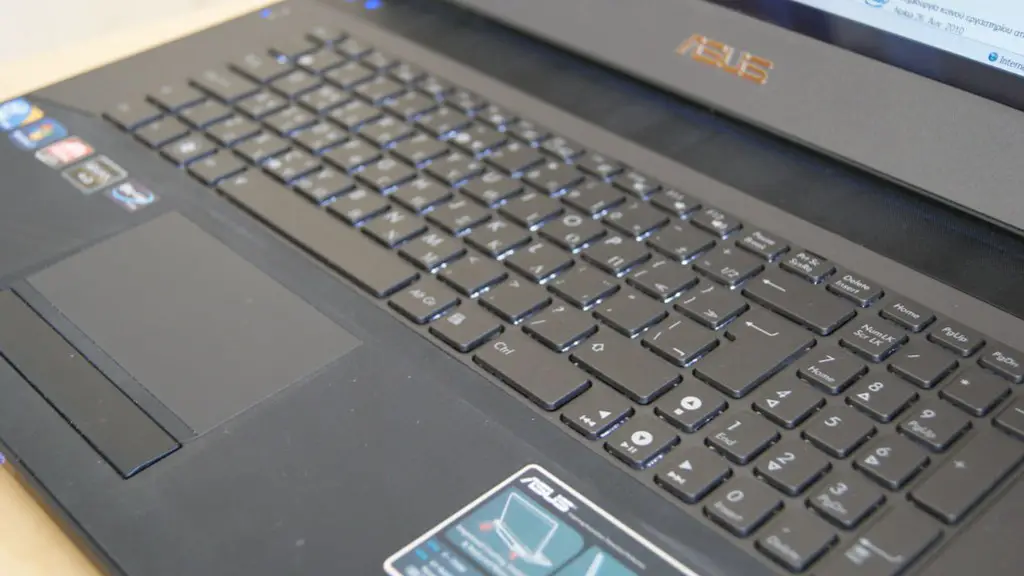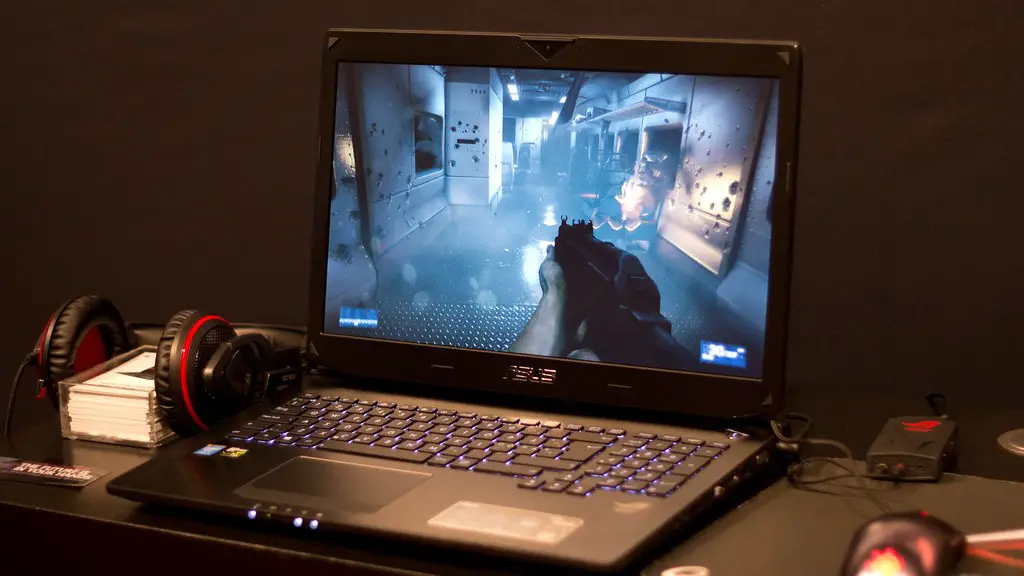Are you wondering how to check your gaming PC specs? This can seem like a daunting task, but the process is actually fairly simple. First and foremost, you’ll want to ensure that you have the right system requirements to run the game you want to play. This will involve checking your system’s memory, graphics card, disk drive space, and more. Additionally, you’ll want to make sure your PC meets any minimum specs outlined by the game developer. Once you have done this, you’ll be ready to check your gaming PC specs.
To begin, you’ll need to open your PC’s System Information window. On Windows 10, this can be found by clicking the Start Menu, followed by “Settings” and then “System”. If you’re using an older version of Windows, you may have to go through the Control Panel. Once you’re in the System Information window, you’ll be able to find the specs of your PC. To get a more detailed breakdown, you’ll then need to open the Performance tab.
The Performance tab provides a comprehensive view of your PC’s graphics card, processor, RAM, and other important specs. You may also want to check the Details tab to get an overall view of all the components and peripherals in your PC. This will allow you to see how many USB ports and other features your gaming PC has to offer.
Another way to check your gaming PC specs is to use a benchmarking tool. These tools are free and easy to use, and they give you a detailed report of your PC’s performance. Benchmarking tools are especially useful if you’re looking to compare your PC’s specs with the recommended system requirements for a game. If there are any discrepancies between your gaming PC’s specs and the game’s recommendations, you’ll know that you may need to upgrade certain components.
Finally, you can also check your gaming PC’s specs using the command line. You can find this by typing “cmd” into the search box in the Start menu (for Windows 10). Once you’re in the command line, you can type “systeminfo” to get a detailed breakdown of all the hardware in your PC. However, this method may be a bit confusing and time-consuming for some users.
Conducting System Tests
In addition to checking your gaming PC’s specs, you can also test the components and peripherals to make sure everything is working as it should. You can do this by running a few simple tests. For example, to check your graphics card’s performance, you can run 3DMark. This will give you an overall assessment of your graphics card’s performance by running a series of tests.
You can also check your gaming PC’s memory and storage speed by running software like CrystalDiskInfo. This will provide a comprehensive overview of your PC’s storage performance, including the speed and temperature of your drives. You’ll also be able to find out the exact type of memory your PC is using.
If you’re looking to check the performance of other components, such as your CPU, GPU, and cooling system, then you can use benchmarking software to test them. It’s important to keep in mind that these tests can be quite intense, so you should limit the duration of each test to avoid any potential damage to your components.
Finally, if you’re looking to get the most out of your gaming PC, then you should consider overclocking or tuning the components. This is an advanced procedure that involves changing the settings of your components to make them run faster or cooler. It’s important to note that overclocking can potentially damage your components, so you should only attempt it if you know what you’re doing.
Upgrading Your PC
As mentioned earlier, if you’re not satisfied with the specs of your gaming PC, you may want to consider upgrading it. Depending on the components you’re looking to upgrade, you may want to go for a more powerful graphics card, a larger storage drive, or even a new processor. The exact types of components you’ll need to upgrade will depend on the games you’d like to play.
When it comes to upgrading your PC, it’s important to make sure that your new components are compatible with your existing hardware. Additionally, you’ll want to make sure that your new components aren’t going to draw too much power from your PC. It’s best to consult with a professional if you’re unsure about what upgrades you should make.
If you’re planning to upgrade your gaming PC, you should also make sure to invest in a quality power supply. This will ensure that your components are properly powered and won’t be damaged by sudden power surges. Additionally, you’ll want to make sure that your new components are properly cooled, or else you may end up with an overheated system.
You should also keep in mind that upgrading your gaming PC can be quite expensive. Therefore, it’s a good idea to set a budget before you start shopping for upgrades. Additionally, you should also look around for the best deals, as prices tend to vary quite a bit from store to store.
Cleaning and Maintaining Your PC
In addition to checking and upgrading your gaming PC’s specs, it’s also important to keep it clean and maintained. This involves regular dusting, vacuuming, and wiping down the exterior of the PC. Additionally, you may want to consider using compressed air to blow away dust from the fan and other internal components.
It’s also important to keep an eye on your PC’s temperature levels. This can be done by using specialized software, or you can simply keep an eye on the temperatures listed in your BIOS. If the temperatures get too hot, you can try running your games at a lower resolution or turning down your graphics settings.
Finally, you should also make sure to periodically check for updates for your Windows operating system. You may also want to check for updates for the components in your gaming PC, such as your graphics card and processor. This can help ensure your system is as up-to-date as possible.
Benefits of Running Dedicated Software
If you’re looking to get the most out of your gaming PC, then you should consider running dedicated software. This is software that’s specifically designed to maximize the performance of your PC. There are a variety of dedicated software programs available, and they range from hardware monitoring and overclocking tools to system optimization utilities.
For example, you can use hardware monitoring software to keep tabs on your PC’s temperature levels and its overall performance. This can help you identify problems or potential upgrades. Additionally, you can use overclocking software to get the most out of your CPU, GPU, and other components by increasing their clock speed or voltage.
When it comes to system optimization tools, these are designed to keep your gaming PC running at peak performance by clearing out junk files, optimizing your system settings, and more. Additionally, these tools can help you diagnose potential hardware problems. It’s important to note that many dedicated software programs are free, so you may want to try them out before investing in more expensive upgrades.
Safety First!
Finally, before making any changes to your PC’s components or settings, you should always ensure that you take the appropriate safety precautions. This includes unplugging your PC from the wall before making any changes, and wearing an anti-static strap if you’re opening up the case. Additionally, it’s a good idea to back up any important files and documents before you start tinkering with your PC.
Following these simple steps can help ensure that your gaming PC is running at peak performance while also increasing its lifespan. Additionally, taking these steps can help to prevent any potential damage to your system.



